Instead of counting sheep, you should trust the hours of sleep. You’re counting the hours that you don’t get. You might be counting how many hours you would get if you were to fall asleep now. Still not asleep.
Did you drink that latte after lunch??
Caffeine can make you sleepy, so it’s best to avoid it at certain times. Just in case …)
Is a little afternoon boost really a bad thing? It felt as if you needed the afternoon pick-me-up as much as you needed the sleep that you weren’t getting.
“It is very important that you get quality sleep,” explains Dr. Rashad RAMKISSSOON, a primary care physician at Houston Methodist. Caffeinated drinks are one of the worst habits to have in the afternoon or evening.
How late can you drink the coffee that you need, or have a soda with dinner or an iced tea without affecting your sleeping patterns?
What is caffeine?
Caffeine is quickly absorbed by your body and distributed to all parts of it, including your brain. Here, caffeine has its classic effect – it helps you stay alert and awake.
Dr. Ramkissoon says that caffeine works by blocking sleep-promoting adenosine adenosine adenosine adenosine adenosine adenosines in the brain. It can do this because caffeine is structurally very similar to the molecule adenosine, which normally binds to receptors.
Adenosine has many functions, including helping regulate your sleep/wake cycles. It fluctuates in the brain — starting low at first when you awaken and gradually increasing throughout the day. After several hours, the adenosine level in your brain increases to a point that makes you sleepy.
Caffeine can block its receptors. This means that the sleep-promoting pathways downstream aren’t active, so you remain awake and alert.
How long does caffeine last?
“Fortunately, caffeine does not stay in your system forever,” says Ramkissoon. It is important to know how long caffeine can stay in your body, as it could interfere with a scheduled bedtime and negatively affect sleep quality.
According to the FDA, the half-life (the time taken for the initial amount of caffeine to be reduced by half) of caffeine is between 4 and 6 hours.
Up to six hours later, you can still find half the caffeine in your system. This keeps you alert. If it’s time to go to bed, caffeine can keep you awake and prevent you from falling asleep.
Dr. Ramkissoon says that getting enough sleep is not only important to wake up feeling rested but also for our health. Lack of sleep can lead to many health problems, including high blood pressure and obesity.
How late can you drink caffeine before it is too late?
We know exactly how it works. We know how long it can last.
What does this all mean in terms of when it’s too late to drink caffeine without affecting your sleeping? It’s a tricky question that has a somewhat murky answer.
Dr. Ramkissoon says that caffeine tolerance can vary between people. Some are more sensitive than others to caffeine. And not everyone has the same work schedules or bedtimes.
For those who work a 9-5 and have a regular bedtime, it is recommended that they stop drinking caffeine around 2 or 3.
Dr. Ramkissoon says that while research on caffeine’s exact timing is limited, a small study shows that caffeine taken as early as 6 hours before bedtime may affect sleep even if the person doesn’t realize it. When it comes to quality sleep, it is better to be safe than sorry. This is a good guideline to follow, no matter what time you usually go to bed.
The study participants received the maximum dose of caffeine per day (400 mg). This may not be an accurate reflection of what the average adult consumes in the afternoon, but it could be very precise for a student.
There’s no universal rule for when caffeine consumption is too late.
The amount of time that your favorite caffeinated drink might stay in your system depends on:
- It’s caffeine content
- What is the caffeine level in your body?
- Your body’s ability to metabolize caffeine
You may be surprised to learn that some drinks contain a lot of caffeine. Check the label of your beverage to see how much caffeine it contains.

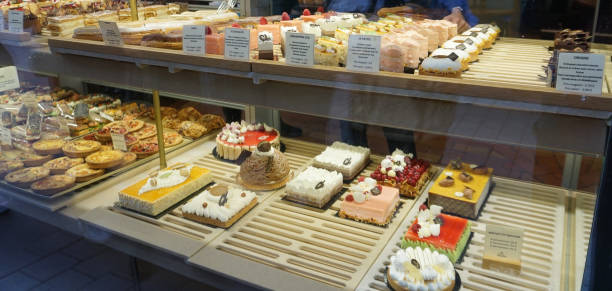


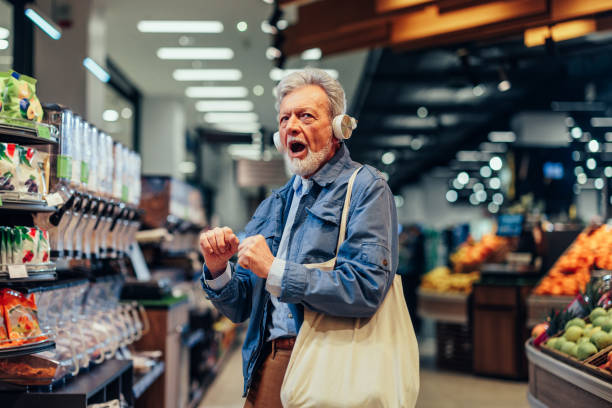
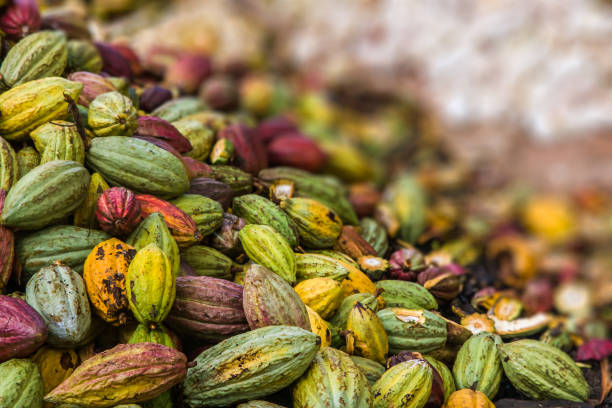
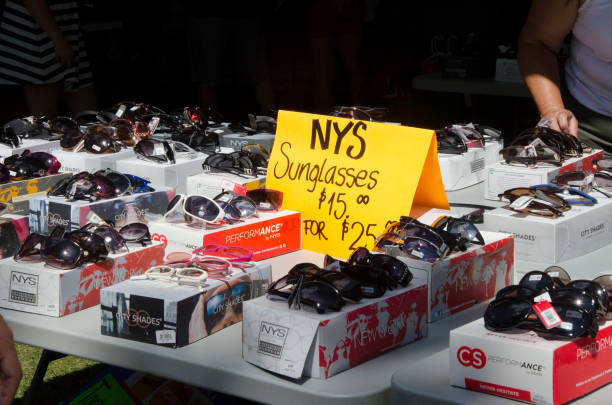
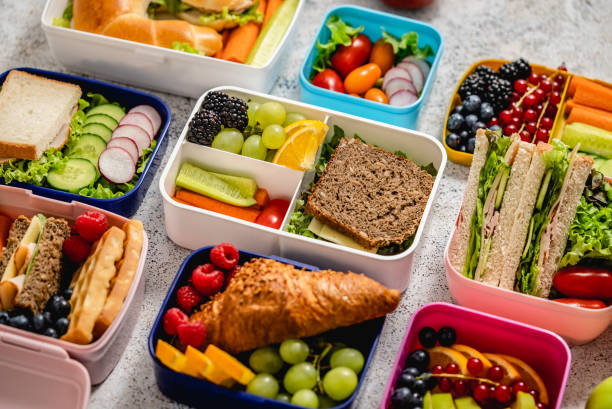

+ There are no comments
Add yours